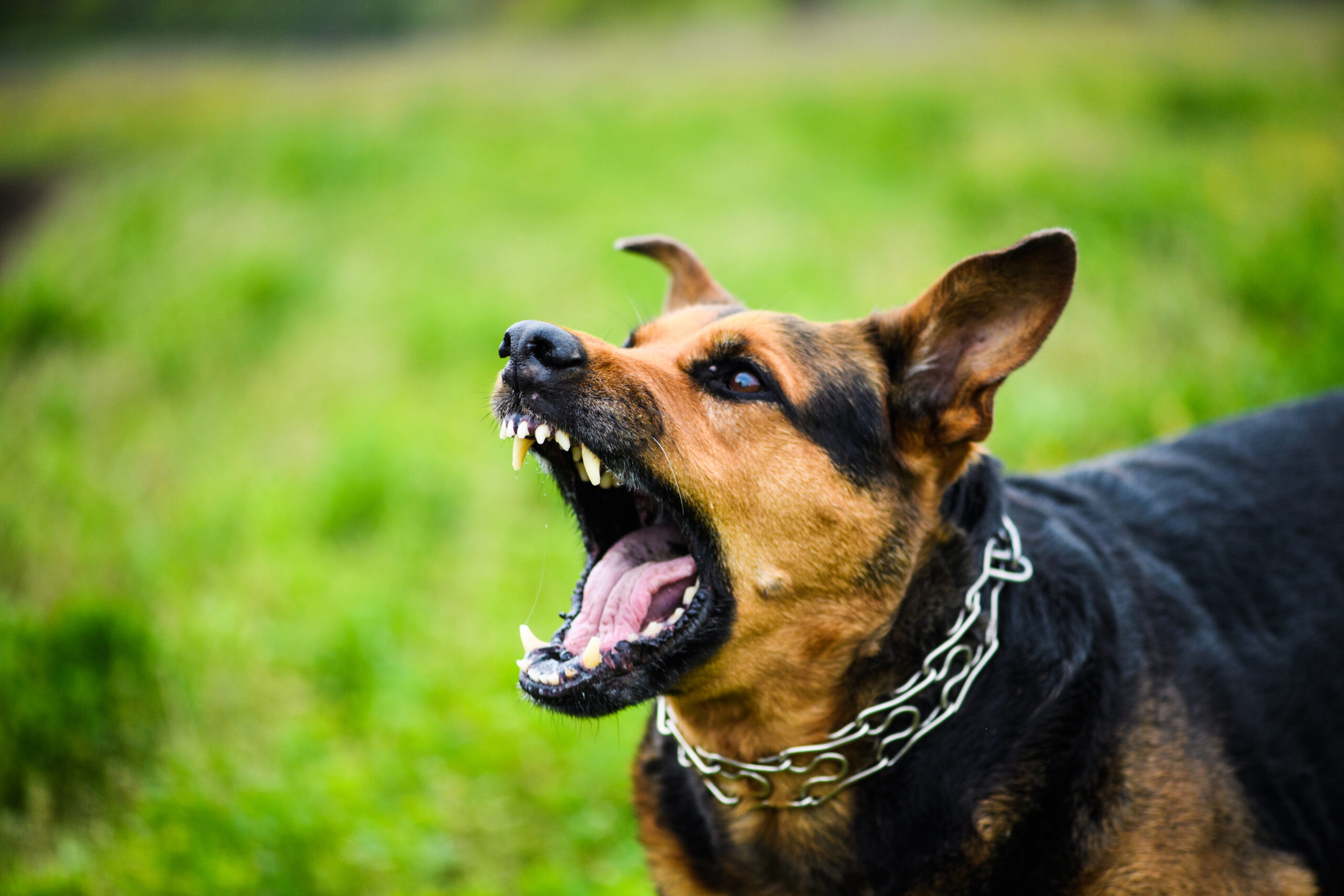
Dangerous Dog Laws in West Virginia
West Virginia’s dog bite laws follow what’s commonly known as the “one-bite rule.” The owner of a dog may not be held liable the first time his or her dog bites another person. Subsequently, though, owners may be considered liable for any future bites.
Defining a Dangerous Dog
West Virginia Statute 19-20-21 stipulates that anyone who keeps a dangerous dog for the purpose of protection must obtain a special license. There are also requirements regarding securing of the dog so that others aren’t injured.
But what makes a dog dangerous? With West Virginia following the one-bite rule, any dog that has bitten someone will be deemed dangerous. Additionally, a dog that is vicious and threatening may be defined as dangerous.
Once a dog has been ruled dangerous, owner liability will be easier to prove if someone is attacked or bitten.
Some cities in West Virginia have breed restrictions and other breed-specific laws. In Wheeling, WV, for example, pit bulls are automatically considered dangerous.
Seeking Help from a Dog Attack Attorney in Clarksburg
The Centers for Disease Control and Prevention (CDC) report that 4.5 million people are the victims of a dog bite every year in the United States. If you were a victim, seek legal advice from an attorney at The Miley Legal Group. Call us at 1-877-652-1031. We can evaluate the circumstances of the case to determine your legal options under the state’s dog bite laws.

